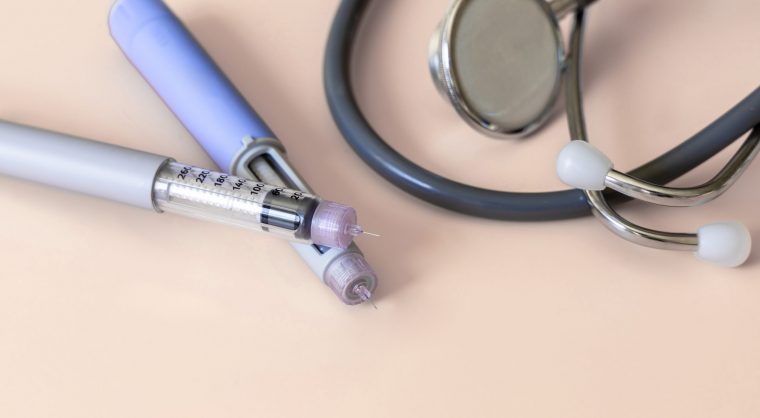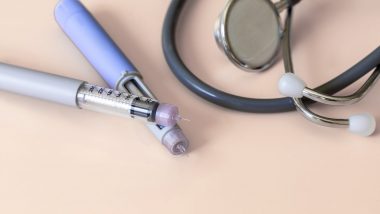BETHESDA, MD (Oct. 30, 2024) – Most patients may continue to safely take glucagon-like peptide-1 (GLP-1) receptor agonists as prescribed before undergoing elective surgery and gastrointestinal endoscopies, according to new clinical guidance released today by five surgical and medical societies including the American Society for Metabolic and Bariatric Surgery (ASMBS), American Society of Anesthesiologists (ASA), American Gastroenterological Association (AGA), International Society of Perioperative Care of Patients with Obesity (ISPCOP), and Society of American Gastrointestinal and Endoscopic Surgeons (SAGES).
The guidance, published online in Surgery for Obesity and Related Diseases (SOARD), Surgical Endoscopy, and Clinical Gastroenterology and Hepatology, however cautioned that patients at high risk for significant gastrointestinal side effects should follow a liquid diet for 24 hours before a procedure and the anesthesia plan be adjusted accordingly. In rare cases, the procedure should be delayed.
GLP-1s, used to treat obesity, diabetes and heart problems, delay gastric emptying, and residual food or liquid in the stomach at the time of surgery with general anesthesia, may increase the risk for serious complications including aspiration. On the other hand, withholding medication so patients can have surgery may be even riskier, prompting the new guidance. It is also important to note that the risk of delayed gastric emptying decreases over time for most patients on these medications.
“Our goal is to heighten awareness of a potential safety issue to prevent it,” said Ann M. Rogers, MD, President, ASMBS, the largest society for metabolic and bariatric surgeons in the United States. “In most cases, patients can continue to take the drugs, however, individual risk factors for complications should be assessed prior to surgery before moving forward.”
The authors wrote, “the purpose of this clinical practice guide is to offer unified, multi-society guidance for safely managing patients needing GLP-1RA therapy regardless of indication, which currently includes type 2 diabetes, overweight and obesity, and heart failure, during the periprocedural period.”
Full guidance is published in SOARD, Surgical Endoscopy, and Clinical Gastroenterology and Hepatology.
###
Contact for media: media@gastro.org
About AGA
The American Gastroenterological Association is the trusted voice of the GI community. Founded in 1897, the AGA has grown to more than 16,000 members from around the globe who are involved in all aspects of the science, practice and advancement of gastroenterology. The AGA Institute administers the practice, research and educational programs of the organization. www.gastro.org














